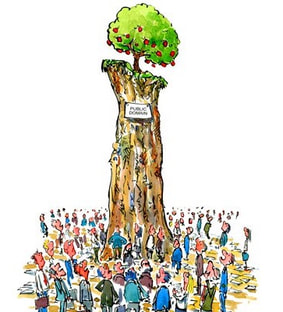CHAPTER 3 : SUSTAINABILITY ALIGNED STRATEGIES
|
ACTIVITIES
|
|
CASE EXAMPLES
- Trees are financing a farming revolution in Haiti
Sustainable Development Issues Through STEAM Skills - Articles and Videos of the STEAM Challenge
|
|
TOOLS
|
Supplemental Resources

Recommended Articles
- Executive Surveys 2010-2017 p.128
- Limits to Growth pp. 129-130
- SDGs as Driver For Future Business Strategy, Insights from Lise Kingo, CEO of the UN Global Compact: "There is no Plan B" Lise Kingo urges greater action on SDGs.....Ethical Corporation's recent Responsible Business Trends report 2018 highlighted that the 17 SDGs, agreed upon by UN-member states in 2015, are increasingly serving as a strategic signpost for businesses, with some 69% of corpo-rate brands saying they are integrating them into business strategy. But it also highlighted the potential for “SDG-wash”, with 56% of respondents saying that their company isn’t actually measuring its contribution to the SDGs.
- The Tragedy of the Commons: How Elinor Ostrom Solved One of Life’s Greatest Dilemmas: ..... Garrett Hardin’s essay “The Tragedy of the Commons,” published in Science magazine in 1968. His parable of villagers adding too many cows to their common pasture captured the essence of the problem that my thesis research was designed to solve. The farmer who added an extra cow gained an advantage over other farmers in his village but it also led to an overgrazed pasture. The biological world is full of similar examples in which individuals who behave for the good of their groups lose out in the struggle for existence with more self-serving individuals, resulting in overexploited resources and other tragedies of non-cooperation. Is the so-called tragedy of the commons ever averted in the biological world and might this possibility provide solutions for our own species? One plausible scenario is natural selection at the level of groups. A selfish farmer might have an advantage over other farmers in his village, but a village that somehow solved the tragedy of the commons would have a decisive advantage over other villages. Most species are subdivided into local populations at various scales, just as humans are subdivided into villages, cities and nations. If natural selection between groups (favoring cooperation) can successfully oppose natural selection within groups (favoring non-cooperation), then the tragedy of the commons can be averted for humans and non-human species alike.
